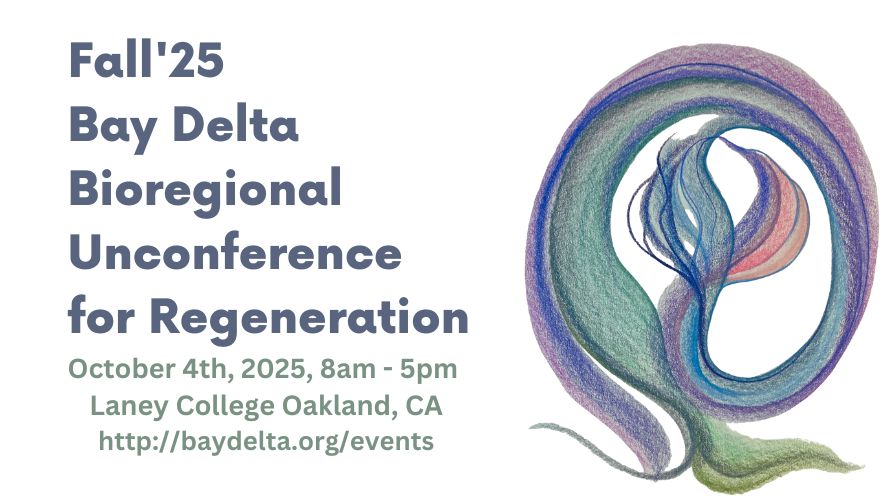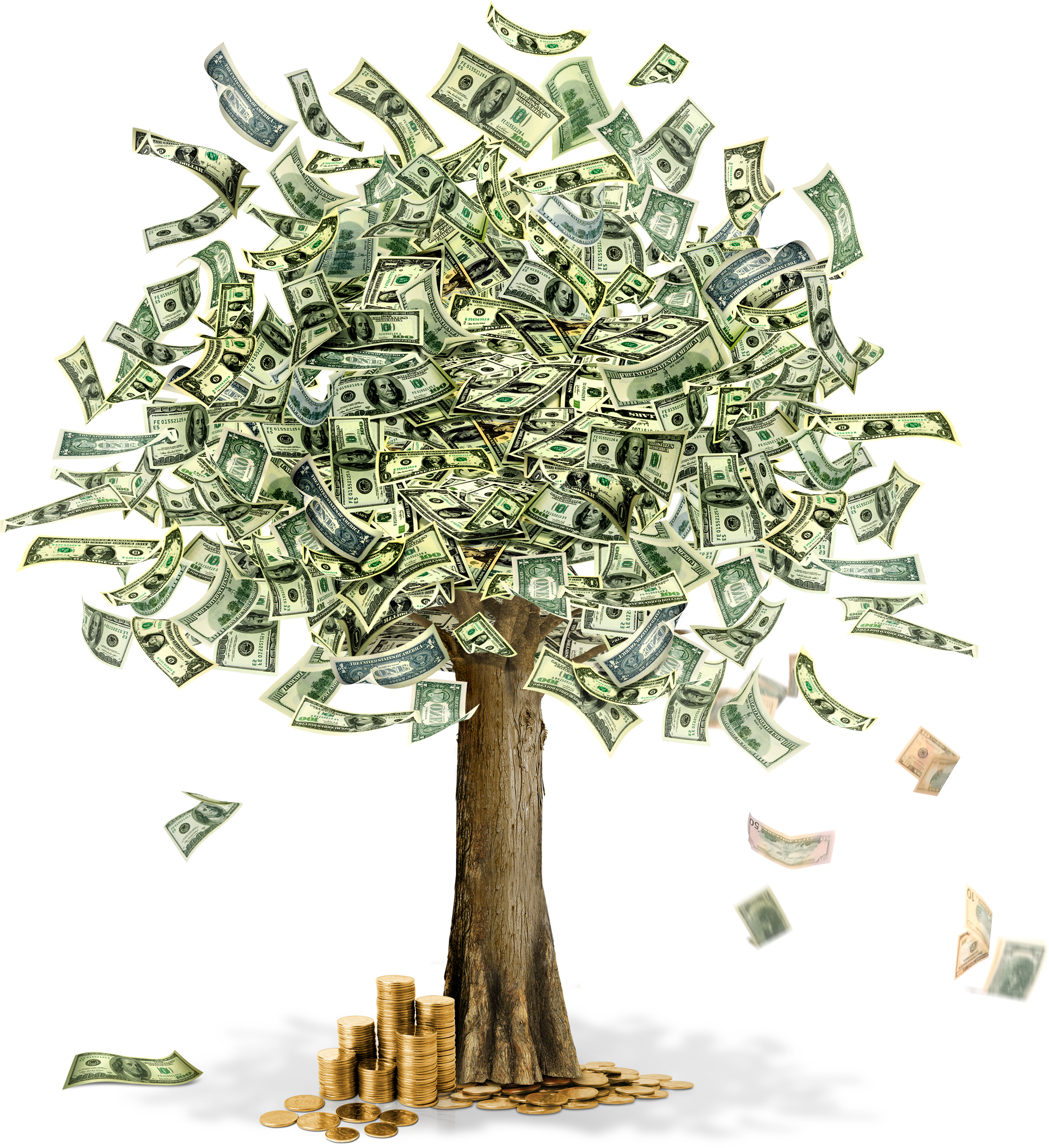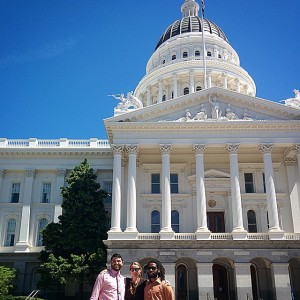[image_frame align=”left” height=”300″ width=”300″ prettyphoto=”false”]http://permacultureconvergence.com.webserver.vera.asdf456.com/wp-content/uploads/2016/08/lampa.png[/image_frame]
Money itself has hidden characteristics that many people are completely unaware of. Yet these characteristics shape people’s behavior in relation to one another, affect social norms, and ultimately influence the culture of communities and society. As a group, participants in this workshop will play a trading game using two types of “currencies”. Afterward, participants will discuss the contrasting social dynamics that they experienced during play and the implications this has on communities and society at large, with respect to the real money we use on a daily basis.
The game and following discussion will illustrate that money itself is not value-neutral, meaning that if we can change type of money that communities use, the culture of the community and people’s interrelationships within it will be positively affected. A type of currency known as “mutual credit” fosters cooperation over competitiveness, and is sustainable because it does not require constant growth of the economy, and the game will demonstrate exactly how a mutual credit currency works in practice.
Participants will learn and feel— in the first rounds of the game— that one type of currency (conventional, nationally-issued currency) creates a culture that is hyper-competitive and makes people feel a constant level of tension and even causes them to behave in selfish ways even when they would rather not.
However, in the latter rounds of the game, using a different type of currency (mutual credit, cooperative currency) participants will realize that this type of money actually creates a culture of cooperation and increases social cohesion.
Mutual credit currencies are specifically designed to foster a sense of community between its users, which is very much in line with the “Building Bridges” theme of this year’s conference. Beyond that, mutual credit currencies do not inherently require an economy to grow, but allow an economy to expand with respect to its community’s needs. This results in more sustainable growth and growth that is in line with nature— as opposed to exponential, over-extractive, consumptive growth mandated by the current money system.
We hope to get all participants and people in general to think about the social impact of the hidden aspects of money itself. Of course, as the Bay Bucks team, we also hope to impassion Bay Area businesses to join our community as well!
Presented By: Aaron Fernando and Mike Lomuto




